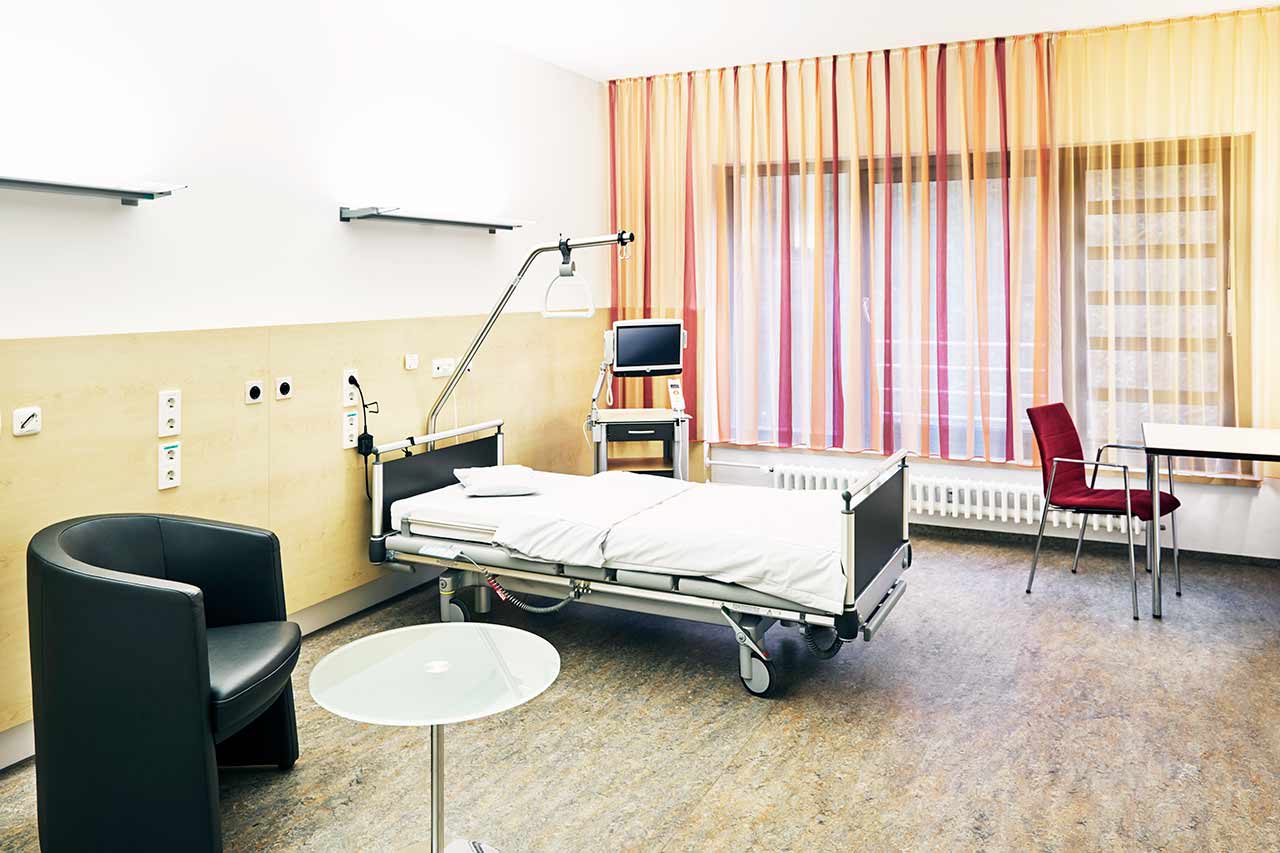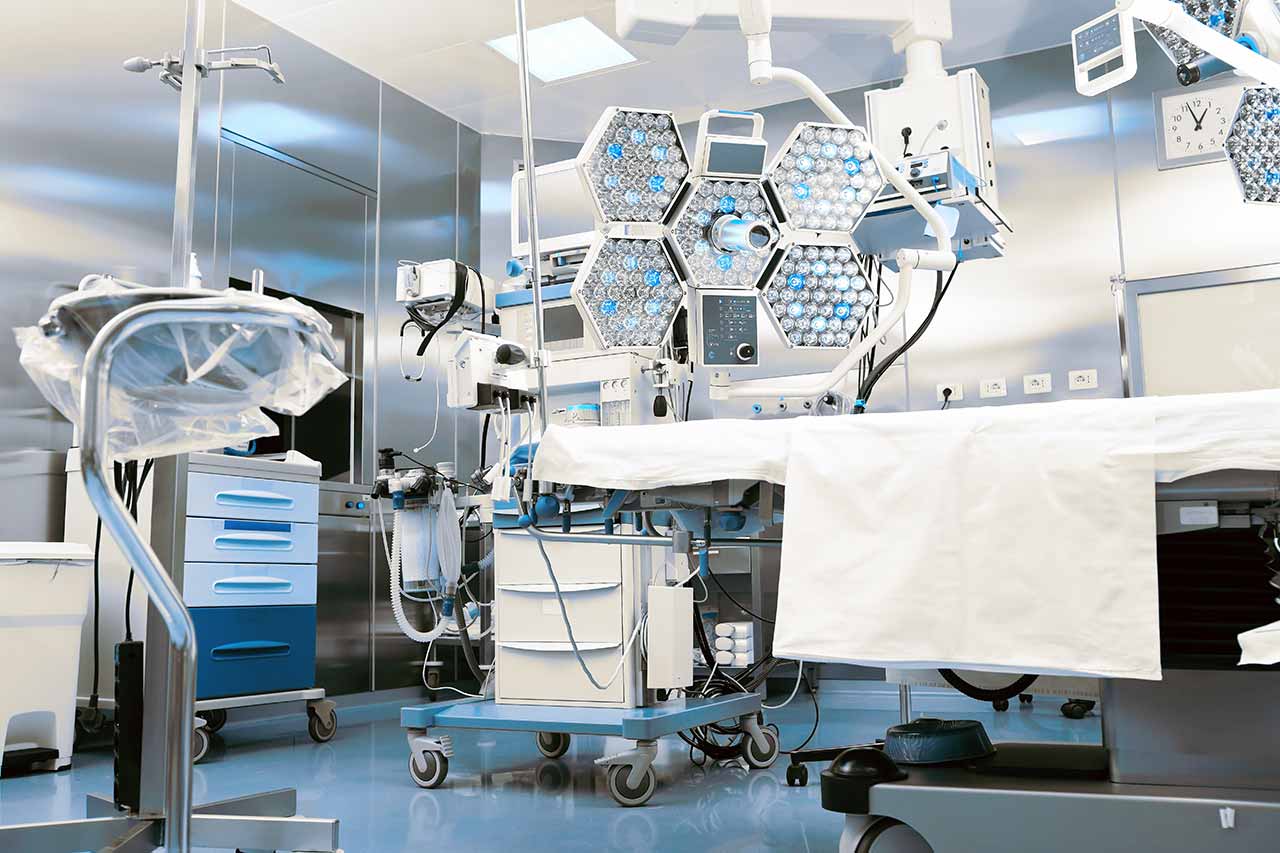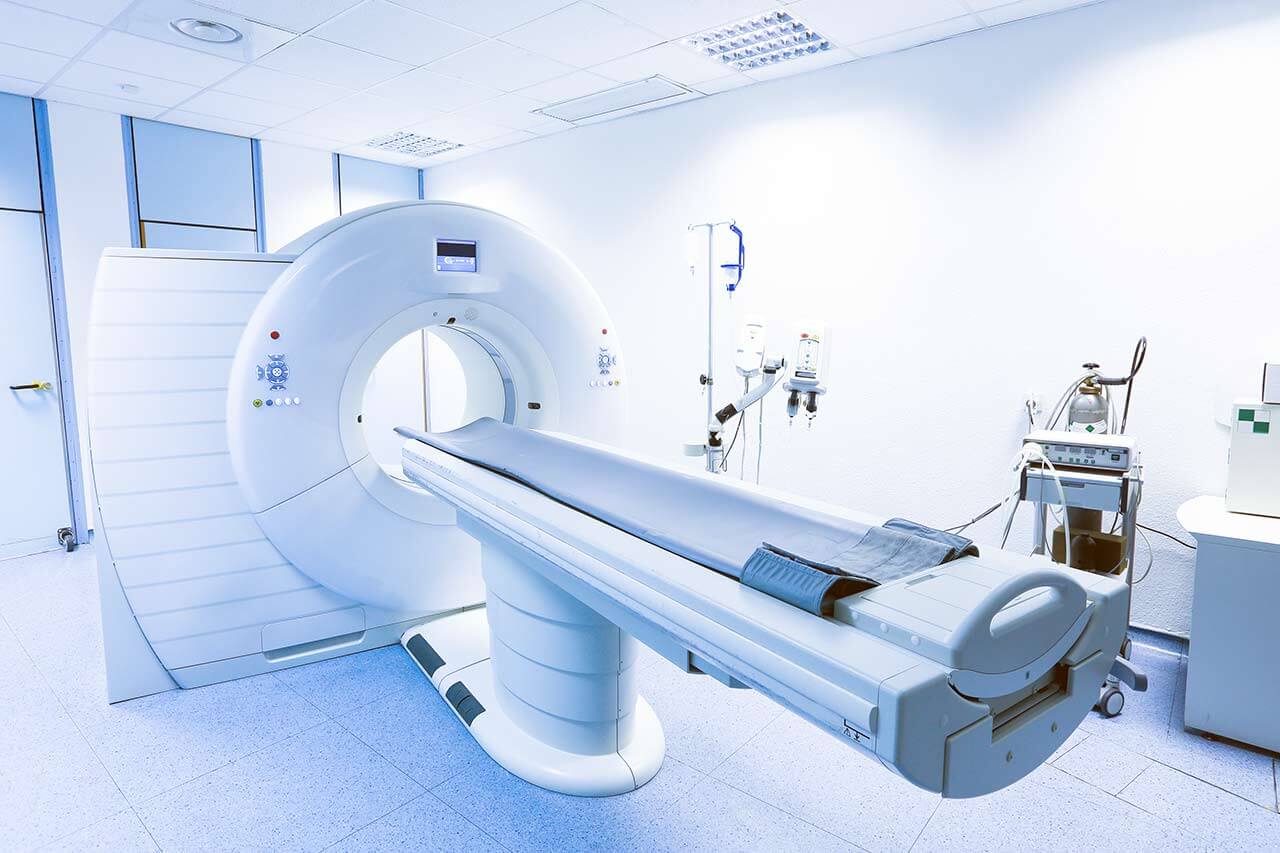
About the Department of Nephrology, Hypertensiology and Rheumatology at Hospital Kassel
The Department of Nephrology, Hypertension and Rheumatology at the Hospital Kassel offers the full range of diagnostic and therapeutic services in the areas of its specialization at the highest level of modern medicine. The highly competent doctors of the department provide effective treatment of acute and chronic kidney diseases, arterial hypertension, rheumatic diseases accompanied by vascular inflammation, damage to the joints and internal organs, bone metabolism disorders, connective tissue diseases and autoimmune diseases. The priority tasks of the department's medical team include various types of renal replacement therapy (dialysis), preparation of patients for kidney transplantation and follow-up care after the intervention. All therapeutic measures comply with the current clinical protocols, which guarantee high-quality treatment results even in particularly complex clinical cases. The department is headed by Prof. Dr. med. Jörg Plum.
The department's doctors are distinguished by their successful experience in the treatment of acute and chronic kidney diseases, including renal artery stenosis and pathological kidney lesions caused by diabetes mellitus. The first stage of treatment is comprehensive kidney diagnostics, which is carried out within the specialized laboratory. The department's nephrologists perform such examinations as classical and duplex ultrasound scanning, kidney biopsy, phase contrast microscopy, assessment of acid-base status, differential assessment of fluid and electrolyte disorders, long-term blood pressure measurement and functional tests for the detection of the causes of secondary forms of hypertension. If the patient requires imaging tests (CT and MRI scanning), the specialists of the Department of Diagnostic and Interventional Radiology are involved in the diagnostic process. Renal scintigraphy is carried out in the Department of Nuclear Medicine.
One of the most life-threatening nephrological diseases is kidney failure, and therefore the department's doctors have at their disposal many effective treatment methods for this pathology. In addition to drug therapy, various types of dialysis procedures are available for patients with kidney failure. Renal replacement therapy is performed in specially equipped treatment rooms. The department has 12 beds for hemodialysis, hemofiltration and peritoneal dialysis. If renal replacement therapy is not effective, kidney transplantation becomes the last line treatment. The kidney transplantation is performed at the Hospital Fulda, with which the department is in close cooperation. The department's nephrologists are responsible for comprehensive diagnostics, which is aimed at the preparation of the patient for transplantation and follow-up care of the patient.
The department's range of medical services includes:
- Diagnostics and treatment of acute and chronic kidney disease
- Glomerulonephritis
- Interstitial nephritis
- Hereditary kidney diseases
- Pathological kidney lesions due to metabolic disorders
- Fluid and electrolyte disorders
- Kidney and urinary tract infections
- Systemic lupus erythematosus, vasculitis and other systemic rheumatic diseases
- Pathological kidney lesions caused by diabetes mellitus
- Diagnostics and treatment of arterial hypertension, including especially severe secondary types of arterial hypertension
- Diagnostics and treatment of renal artery stenosis
- Diagnostics and treatment of kidney failure
- Diagnostics and treatment of metabolic bone diseases
- Diagnostics and treatment of systemic rheumatic diseases and autoimmune diseases
- Medical care for patients before and after kidney transplantation
- Other medical services
The diagnostic and therapeutic options of the department include:
- Diagnostics
- Classic and duplex ultrasound scanning
- Kidney biopsy
- Phase contrast microscopy
- Assessment of acid-base status
- Differentiated assessment of fluid and electrolyte disorders
- Long-term blood pressure measurement
- Functional tests for the detection of the causes of secondary types of hypertension
- Kidney CT and MRI (in collaboration with the Department of Diagnostic and Interventional Radiology)
- Renal scintigraphy (in collaboration with the Department of Nuclear Medicine)
- Treatment
- Drug therapy
- Renal replacement therapy and blood purification procedures in the case of kidney failure
- Hemodialysis
- Hemofiltration
- Peritoneal dialysis (continuous ambulatory peritoneal dialysis, automated peritoneal dialysis)
- Continuous venovenous hemodialysis
- Continuous venovenous hemodiafiltration
- Plasmapheresis
- Immunoadsorption
- Lipid apheresis
- Rheopheresis
- Interventional procedures for the formation of dialysis access, including the placement of central venous catheters for continuous dialysis
- Other diagnostic and treatment methods
Photo of the doctor: (c) Klinikum Kassel





